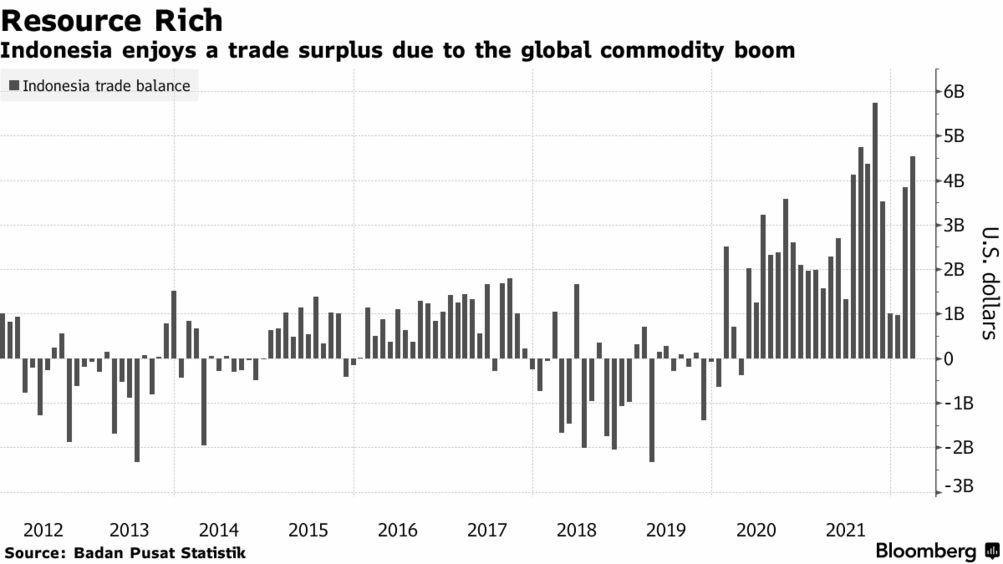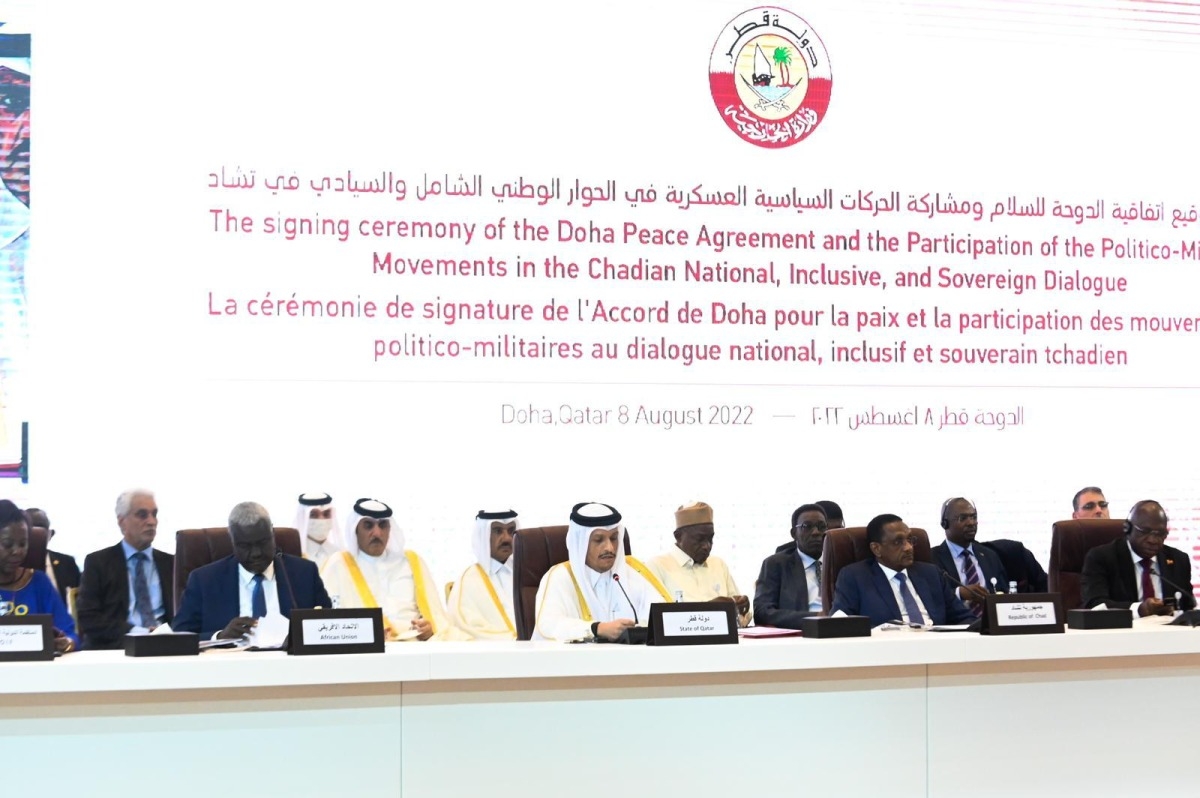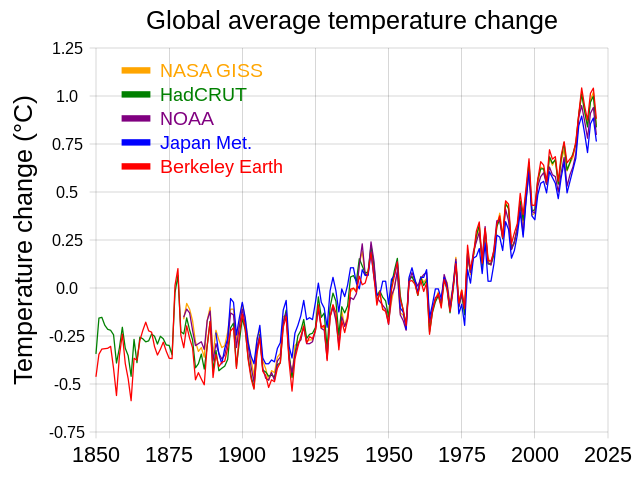The Iraqi political scene has been on fire for 72 hours due to the appearance of recordings attributed to Nouri al-Maliki, the former Prime Minister of Iraq, in which he appears to criticize and insult Moqtada al-Sadr, one of the Shia the most powerful in Iraq. political figures whose faction won big in the 2021 General Legislative Election.
“The problem is that there is a British plan to put Moqtada in control of the Shiites and Iraq, and then they would kill him and give Iraq to the Sunnis. The problem is not al-Maliki [myself ], I can just leave and take refuge in Malek’s house and have 2000 fighters to protect me, no one will be able to reach me. This project exists, but I am fighting it, and it must be fought politically and militarily,” said Nouri al-Maliki about his longtime political rival, Moqtada al-Sadr, in a leaked recording.
“Iran helped al-Sadr, to make him a new Nasrallah [Lebanese leader of Hezbollah] in Iraq,” he continued in his tirade against the Shiite leader. “Moqtada is a murderer, how many did he kill in Baghdad? Kidnappings, car bombs, he is not a master, he is a coward, a traitor, an ignoramus who knows nothing (…) I know the Sadrists, I fought them in Basra, Karbala and Baghdad, we We didn’t have any weapons and the Iranians gave them advanced missiles and we still won,” he said of al-Sadr and his supporters.
Nouri al-Maliki, leader of the Shia party known as the Rule of Law Coalition and one of the leaders of the Coordination Framework, a Shia coalition currently holding the parliamentary majority, denied the veracity of the recordings via Twitter. He said the recordings, posted on social media by journalist Ali Fadel, were fake. Moqtada al-Sadr, for his part, said the recordings mean nothing.
The leaks themselves are hardly newsworthy. Nouri al-Maliki’s hostile stance towards al-Sadr and his followers, known as Sadrists, has always been well documented; the two leaders have had bad blood since the early days of al-Maliki’s government.
According to many observers of Iraqi politics, the leaks are a symptom of deep fractures in Iraqi society and politics.
A walk down memory lane
The confrontation between al-Maliki and al-Sadr began in 2003 after the US invasion of Iraq. After the Iraqi army was disbanded by the United States, the various factions in the country had to fend for themselves. Militias were formed in individual regions to protect themselves and fight the Americans. See the article : The Senate confirms Steve Dettelbach as Biden’s choice to lead the Bureau of Alcohol, Tobacco, Firearms and Explosives. The militias largely fell into two categories depending on whether they were made up of Sunni or Shia Muslims. Some of the Sunnis were affiliated with al-Qaeda in Iraq (AQI), and the Shia were largely organized by al-Moqtada into a militia called the Mahdi Army.
The Mahdi Army was popular in southern and central Iraq and had a huge impact in the war against the Americans until 2006 when al-Maliki became Prime Minister of Iraq. It was understood that, if al-Maliki were to take the reins, he would launch a large military operation against AQI as well as the Mahdi Army in an attempt to disarm them, which he did in 2007 and 2008.
After intense fighting, al-Sadr asked his militias to lay down their arms and do community work instead. In fact, in 2010 parliamentary elections, al-Sadr backed al-Maliki in his bid for re-election, allegedly after intense lobbying by Iran. The Mahdi Army committed several war crimes, but al-Sadr and militia leaders acknowledged and condemned these actions and explained that their goal was to fight Americans, not kill other Iraqis.
In 2014, after the arrival of the Islamic State (IS), the Mahdi Army resumed military activities against the group under a new name, the Peace Brigades, as fighting them was considered a religious duty. The militia is considered active and controlling several areas in Iraq ever since. Al-Sadr became a very powerful and popular leader in the country’s politics. His influence is indeed the strongest in Iraq at this point, and the political movement bearing his name is the strongest political power in Iraq and enjoys wide popular support.
The Shiite leader’s relations with Iran have been very turbulent and complicated, to say the least. Today, however, the political leader is a fierce opponent of the Islamic Republic of Iran and is considered one of its adversaries in the country, at least politically.
Political paralysis
In 2021, the Sadrists won a majority in parliament with a coalition that included Masoud Barzani’s party, known as the Kurdistan Democratic Party, and the Sunni Sovereignty Coalition. On the same subject : Happy 246-year-old United States of America.
Al-Sadr and his allies effectively controlled the majority of parliament. The rest was controlled by the Coordination Framework, which opposes al-Sadr and his movement. The Coordination, formed after the elections, is made up of al-Maliki’s party and other Shia leaders who lost influence in the 2021 vote, as well as some Sunni lawmakers.
After various attempts, al-Sadr’s majority failed to establish a government due to the veto power held by the opposition in Iraqi parliamentary proceedings. Al-Sadr decided to leave the parliament with all his elected deputies. Officially, he left to help the political process; unofficially, it was to put pressure on the Coordination.
It was a smart decision, as al-Sadr’s decision put him in a win-win situation and the Coordination in a tricky situation. The latter needed another government appealing to everyone, especially al-Moqtada, as he threatened mass protests unless his vision of how the government should be made up was respected. Additionally, the current interim government led by Mustafa al-Kazimi is close to al-Moqtada. This means that he can still retain his influence in government.
“I think Mr. al-Sadr has come out of the government and the political opposition to join the popular opposition, which is stronger. He gave himself a margin of freedom after being criticized for criticizing the government while being part of it,” said Najm Al-Qassab, an Iraqi political analyst and commentator. “He is the only political leader in Iraq capable of moving his base at any time,” he added. In fact, after threatening to call for protests after Friday July 15 prayers, several pro-Sadr protests have been recorded in the country.
This maneuver effectively plunged the country into political paralysis. The fractures are deeply rooted in the Iraqi political fabric. Iraq’s Shia divide has been detrimental to the country’s politics for years, and the tapes are just one symptom. Many wonder if the timing of these recordings is meant to halt the political process. This question itself misses the point, as the political process has been halted since the 2021 elections and no new government has yet been formed.
A political detachment from economic realities
Despite oil revenues capable of lifting the country out of financial ruin, Iraq continues to suffer from a staggering lack of services, crumbling infrastructure, rampant unemployment and corruption. The population has engaged in massive protests in recent years to try to change the situation, citing political corruption as the source of Iraq’s economic woes. Read also : How to deal with workplace politics – Produces Blue Book. In fact, it was the 2019-2021 protest movement in the country that led to the 2021 elections, which in turn led to the current deadlock.
In Iraq, bickering factions seem to simply be fighting for power rather than acting to change the economic or political status quo. In fact, after nine months of political deadlock, the Iraqi parliament is far from appointing a new government and the current caretaker government has found no solution to the country’s economic problems.
“The people named on the list disclosed by the government to replace Kazimi as Prime Minister would be difficult for MPs to elect. The Coordination can form a government, because it has a majority in Parliament. The continuation of the said government is quite another history, because no government can continue without the support of al-Sadr,” Qassab said.





